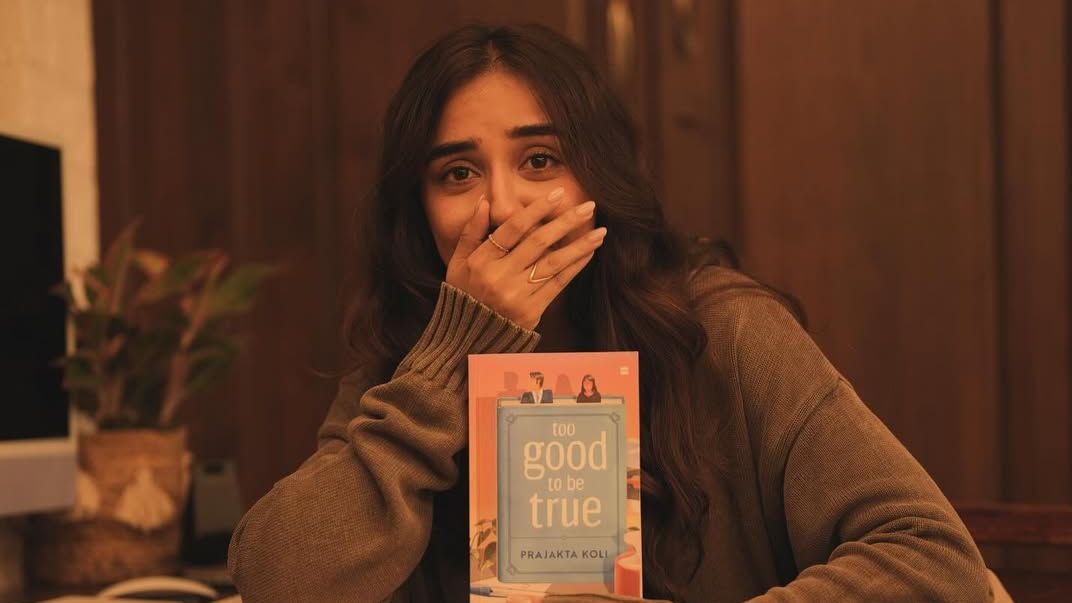It couldn’t be a worse time to be a long-form print journalist. Everywhere I go now, it feels as if people aren’t reading much or are reading only when a book comes highly recommended by reviewers and digital tastemakers. The latest Sally Rooney or Dolly Alderton makes for trendy book club material, even as the rest of the wider, complex and coloured world of literature struggles to make a minor ripple in the literary world.
It’s no longer just enough to write a book and send it out into the world, knowing that you poured everything into it and it’s now in the hands of readers to make of it what they will. In the age of social media, writing a book is only the first step. Once freshly bound copies arrive from the publisher, an author must transform into a nine-headed Hydra—a marketer, a PR rep, a hot-take machine, a personal essayist, an influencer—to give their work the boost it needs to rise above other authors vying for the same readers, which in itself is a steadily shrinking pool.
It’s little wonder then that the hype around a book often reads like fiction itself. Case in point? A Business Standard headline from February proclaimed: Prajakta Koli’s debut novel, Too Good To Be True, becomes a publishing sensation with 1,50,000 copies sold within a month of its release. Koli, better known to her combined 18 million Instagram and YouTube followers as ‘MostlySane’, didn’t just wake up one fine day and release her debut novel. One month before its release, the frothy romance climbed to the number one spot within hours of going on pre-order on Amazon and was followed by multiple magazine covers, lit fest appearances and collaborations with Blinkit and Spotify. The YouTube star’s vast digital audience made her book impossible to ignore, turning it into a bestseller even before it hit stands.
This is not an isolated incident. In June this year, Sukhnidh Kaur, who goes by (@pavemented) on Instagram, posted a reel asking her audience to help her cross 100K followers so she could secure a book deal. 24 hours later, she had thousands of new followers. Within a week, all the big publishing houses were knocking on her virtual door—her inbox. One might say that Kaur’s upcoming book, My Perfect Dream Girl, a critique of men’s obsession with women online, came to fruition thanks to an internet audience that doubled overnight. “I was apprehensive about approaching publishers directly,” Kaur tells me. “I felt like they’d question whether such an experimental book would sell. But when the reel went viral, they were willing to hear me out.”
